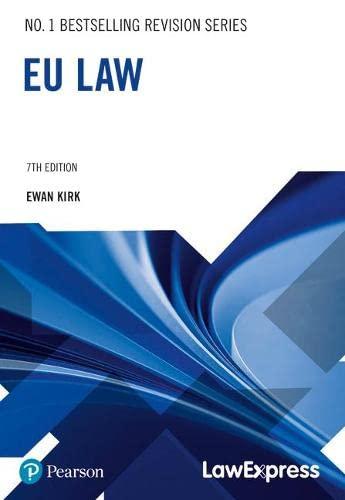Which of the following allegations on the tendering process is false? In the M.J.B. Enterprises Ltd. v Defence Construction (1951) Ltd., [1999] 1 S.C.R. case, the offer of "Contract A" is the City of Edmonton who call for tenders for the supply of equipment and operators. The T&Cs of the offer of "Contract A" stipulated that all equipment that will be used by the bidder should be 1980 or newer, and that "failure to comply either in whole or in part may invalidate the bid" and that the "City reserves the right to reject any and all Tenders, and to waive any informality". Double N (the engineering firm that did not get the contract) claimed that City of Edmonton had accepted, a competitor's non- compliant bid to provide heavy equipment of a certain age to move refuse at a waste disposal site. The Supreme Court of Canada stated that the obligation to be fair and equal is an implicit obligation in Contract A, and that the obligation for a bidder to investigate if the T&Cs related to year of the equipment to be used is not an implied obligation in "Contract A". In the Ron Engineering case, Ron Engineering was required to make a deposit $150,000 bid bond) to the Ontario government to ensure the performance by the contractor-tenderer of its obligations under "Contract A". In its bid, Ron Engineering had made a $750,058 error in the calculation of its bid and wished to withdraw it. The Court held that the submission of a tender in response to an invitation to tender may give rise to contractual obligations (Contract A), quite apart from the obligations associated with the construction contract to be entered into upon the acceptance of a tender (Contract B), depending upon the intentions of the parties. OIn "Contract B", the acceptation is the owner who select one of the bid; the bid of "Contract A" that was chosen/accepted becomes the offer to enter into "Contract B", and; where a bid is accepted, the T&Cs of the tender (offer of "Contract A") and bid documents (acceptation of Contract "A") become the T&Cs of "Contract B". OThe privilege clause in "Contract A" allows the owner not to accept the lowest bid if he/she has a valid reason but does not give him/her "the privilege" of accepting a non-compliant bid







